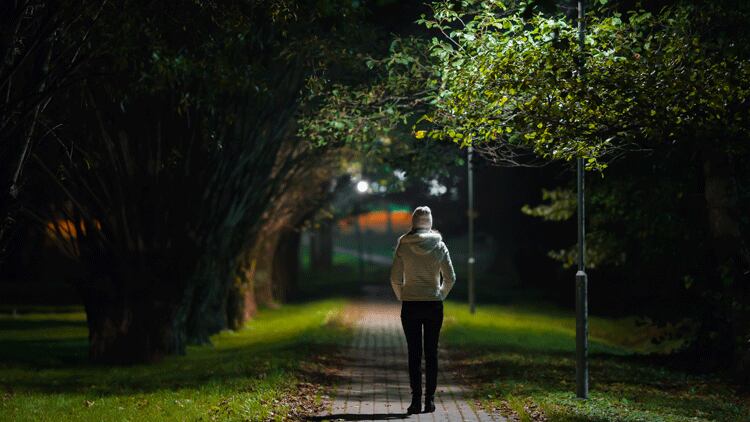Glasgow City Council could soon require premises to have a plan to get staff home safely. In fact, this stipulation is highly likely to become part of their licensing conditions, a move that is certain to make hospitality employers sit up and take notice.
Right now, there are no legal requirements to compel hospitality bosses to get their staff home safely after they finish work, often well after public transport has stopped for the night. This is despite a distressing incident in 2022 when hospitality worker Caitlin Lee was sexually assaulted in Glasgow city centre while walking home from work in the early hours – after her employer refused to provide transport home.
Caitlin, with the support of her union, Unite, launched a Get Me Home Safely campaign calling on employers to take all reasonable steps to ensure workers in licensed venues are able to get home safely from work at night.
Speaking at the time, she said: “It’s about ensuring all late-night workers get safe transport home, so they don’t have to suffer financial consequences having to pay for a taxi or get a late-night bus that might not be safe or even walk home.”
The campaign prompted the Council to pass a motion unanimously backed by councillors requiring hospitality businesses to provide free and safe transport after 11pm.
Following some delays – perhaps while the wider implications were deliberated - the Council’s Licensing Board declared it would launch a pilot project where it would consider giving permission for city centre pubs and bars to close one hour later – at 1am - in return for ‘evidence of a commitment to ongoing staff training and social responsibility, including transport arrangements for getting staff home.”
In other words, a tempting carrot for the post-pandemic night time economy but linked to a not unreasonable stick, given we are talking about improving safety for hospitality employees, many of which are young women.
The pilot closed at the end of January. Glasgow City Council is now assessing the pilot results, looking for evidence of a genuine commitment from hospitality businesses in this regard.
The outcome of the pilot, and any new requirements that may arise as a result, are important for the hospitality industry because it potentially signals what could be a seismic shift in priorities.
Licensing boards are clearly increasingly focussed on the health and wellbeing of hospitality workers - in a sector that has arguably paid more attention to the night time economy and ensuring its customers have a great experience into the early hours. Certainly there is a balance to be struck but it looks like Glasgow has settled on what it considers to be a sweet spot.
Even in London, getting home can be an issue for hospitality workers. The Night Tube runs on Friday and Saturday nights, but the Capital’s nightlife operates seven days a week.
If local authorities across greater London and other major metropolitan areas opt to follow’s Glasgow’s lead, this could have an enormous impact on owners of late-night venues. An obligation on operators to pay for taxis or other forms of transport could be financially crippling to many who are already struggling with soaring costs and reduced footfall.
However, operators will require to have clear, workable transport plans in place for staff. Simple changes that can be adopted include: setting up a group chat to allow workers to share their location and let their team know they’re home safe; a phone line dedicated specifically for use by workers who are travelling home, to let them chat to a team member throughout their journey; or even a carpooling scheme or buddy system, to avoid anyone being alone and potentially vulnerable.
So the message for the UK’s hospitality premises is loud and clear. At a time when city centre crime is on the rise, ignore the wellbeing and safety of your staff at your peril. It could affect your licence and your livelihood.
Fiona McKinnon is a partner in Scottish law firm Anderson Strathern. She is an expert in legal issues affecting the hospitality and retail sector.

